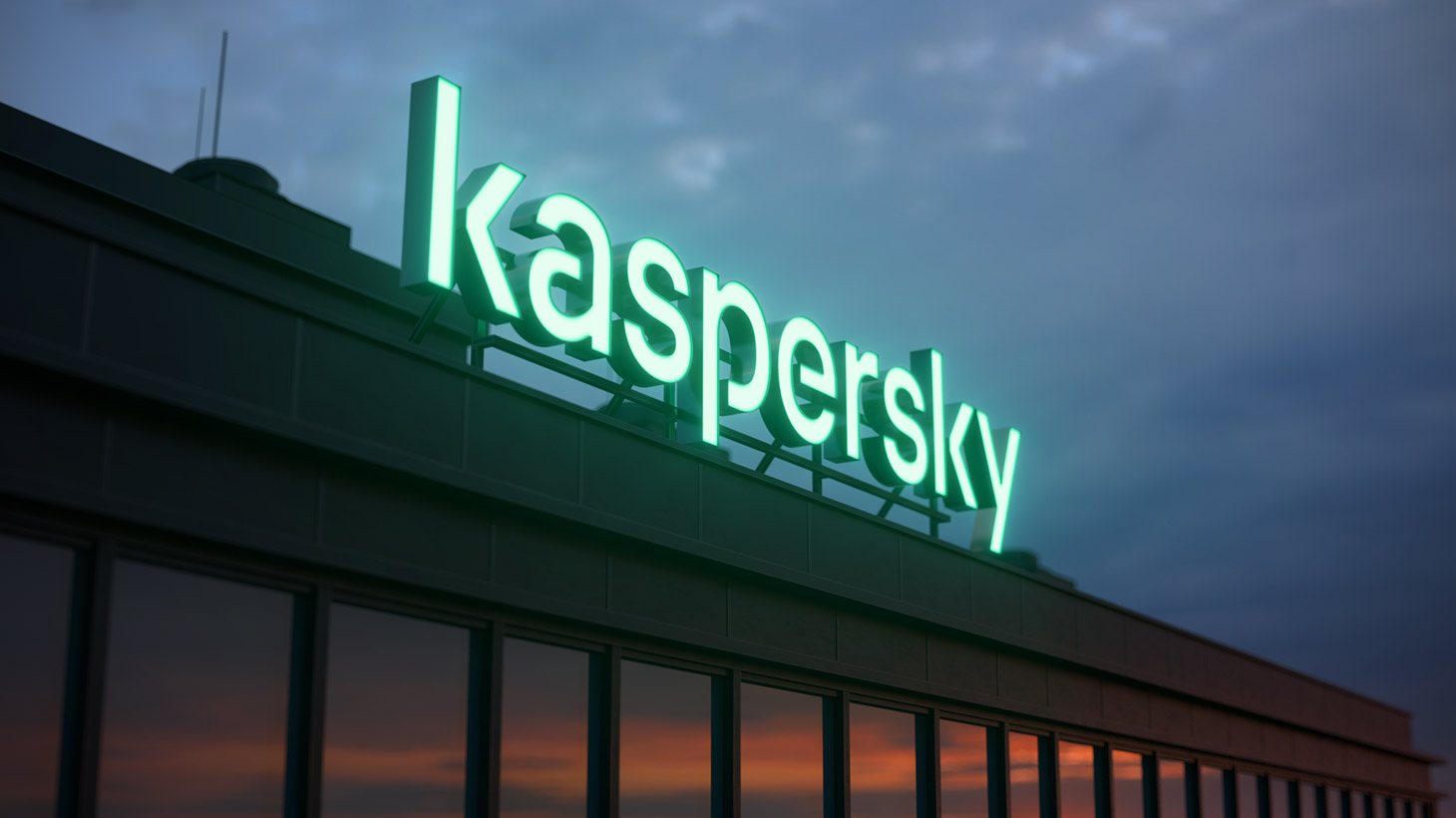Why the US banned Kaspersky antivirus

The Biden administration has banned the use of the popular Kaspersky antivirus software in the US due to its alleged ties to Russia. Moscow's influence on the company was deemed a significant risk to US infrastructure and services
The Russian company Kaspersky will no longer be able to sell software in the USA.
The Biden administration has banned US citizens and companies from using software produced by the Russian company Kaspersky Lab, which specializes in producing software designed for cybersecurity. This was announced by US Commerce Secretary Gina Raimondo, specifying that Russia's influence on society represents a significant security risk.
This is a first: the Department of Commerce has never completely banned the sale of a cybersecurity product in the United States, Raimondo told reporters.
Kaspersky Lab is one of the world's largest antivirus software providers and claims to have 270,000 enterprise customers worldwide. But the company has been in the sights of regulators for some time. In 2017, the Department of Homeland Security banned its flagship antivirus product from federal networks, alleging ties to Russian intelligence and noting that Russian law allows intelligence agencies to compel Kaspersky's assistance and intercept communications via Russian networks.
“The move sends the strongest signal to date against a foreign-owned security vendor over concerns that a company could be forced to collaborate with adversary governments,” Axios notes .
All the details.
THE KASPERSKY BAN IN THE USA
Raimondo announced that “Upon completion of a thorough investigation, we will ban Kaspersky Lab and its affiliates from providing cybersecurity and antivirus software in the United States.
The ban prevents Kaspersky Lab from selling antivirus and computer software products to US customers starting July 20. Current U.S. Kaspersky Lab customers can still use the products, but will stop receiving software updates after September 29, Raimondo said.
The announcement came after a lengthy investigation found that Kaspersky's "continued operations in the United States presented a national security risk due to the Russian government's offensive cyber capabilities and ability to influence or direct Kaspersky's operations." .
The Commerce Department also added three Kaspersky-related entities to its sanctions list: AO Kaspersky Lab, OOO Kaspersky Group and Kaspersky Labs Limited.
STATEMENTS OF THE SECRETARY OF TRADE
“Russia has demonstrated that it has the ability and… intent to exploit Russian companies like Kaspersky to collect and weaponize Americans' personal information and that is why we are forced to take the measures we are taking today,” he illustrated the Secretary of Commerce Raimondo to the press.
THE CONSEQUENCES FOR KASPERSKY IN THE USA
So the company “will no longer be able to sell its software and updates for existing software.” New business in the US for Kaspersky will be blocked 30 days after the restrictions are announced.
THE COMPANY'S POSITION
For its part, Kaspersky said it believed the US decision was based "on the current geopolitical climate and theoretical concerns, rather than a comprehensive assessment of the integrity of Kaspersky's products and services."
In an email statement retrieved by Reuters , Kaspersky added that its activities do not threaten U.S. national security and that it will pursue legal options to preserve its operations.
Kaspersky has long complained that its company is a victim of geopolitical tensions between the West and Russia, tensions that have only worsened since the Kremlin's full-scale invasion of Ukraine in 2022.
KASPERSKY'S NUMBERS
Founded in Moscow in 1997, Kaspersky Lab has become one of the most successful antivirus software companies in the world, along with American rivals such as McAfee and Symantec, CNN notes.
Kaspersky, which has a British holding company and operations in Massachusetts, said in a company profile that it generated revenue of $752 million in 2022 from more than 220,000 enterprise customers in about 200 countries. Although the multinational is headquartered in Moscow, it has offices in 31 countries around the world, serving more than 400 million users according to the Department of Commerce.
Its website lists Italian vehicle maker Piaggio, Volkswagen's retail division in Spain and the Qatar Olympic Committee among its clients, Reuters reports.
AND IN ITALY?
In the aftermath of the Russian invasion of Ukraine, even in our country there was a crackdown on Russian software (among all Kaspersky antiviruses.
On 18 March 2022 "the Guarantor for the protection of personal data opened an investigation to evaluate the potential risks relating to the processing of personal data of Italian customers carried out by the Russian company that supplies the Kaspersky antivirus software". Even before that there was the alarm raised by the National Cybersecurity Agency . According to the ACN it is "appropriate to consider the security implications deriving from the use of information technologies provided by companies linked to the Russian Federation".
Also on 18 March 2022, the Council of Ministers voted on the decree law which provides for the diversification of information systems and IT services of public administrations.
The Moscow-based company has always defended itself. “Kaspersky is a privately held global cybersecurity company and, as a private company, has no ties to the Russian government or any other government,” the company said in an official statement.
A position he still reiterates today.
This is a machine translation from Italian language of a post published on Start Magazine at the URL https://www.startmag.it/cybersecurity/perche-gli-usa-hanno-bandito-lantivirus-kaspersky/ on Fri, 21 Jun 2024 14:19:45 +0000.
